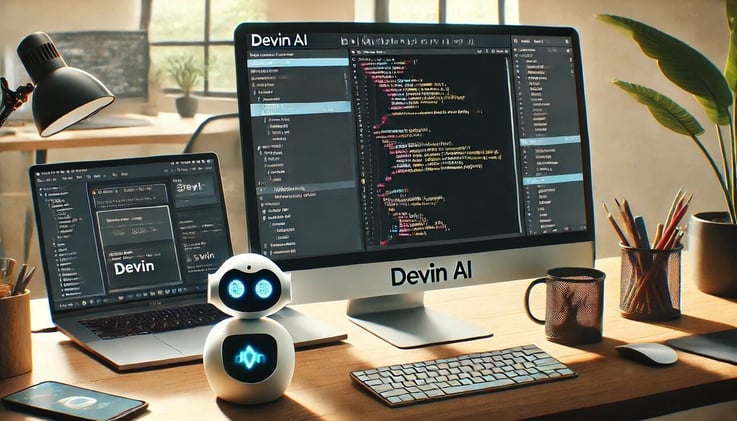What is Procedural Content Generation (PCG)?
In the ever-expanding universe of video games, designers are constantly seeking ways to create engaging and immersive experiences for players. One technique they use to achieve this is Procedural Content Generation (PCG). Simply put, PCG is an automated way of creating game elements like levels, characters, and objects using algorithms and mathematical models, rather than relying on manual, handcrafted design.
Traditional PCG Techniques
Procedural Content Generation has been used in various forms to enhance game experiences, making them more dynamic, unpredictable, and unique. Traditional PCG techniques include:
- Search-based methods: These involve exploring a vast space of possible game content using algorithms that search for optimal solutions.
- Machine learning-based approaches: These use AI models to learn from existing examples and generate new content based on patterns and relationships.
Introducing Knowledge Transformation in PCG
Now, let’s explore the new approach: Procedural Content Generation via Knowledge Transformation (PCG-KT). This innovative method goes beyond traditional PCG techniques by focusing on transforming knowledge from one domain to another. Imagine a game where the levels, characters, and gameplay elements are not just randomly generated but instead, are crafted by combining knowledge from various game genres or even entirely different domains.
The Power of PCG-KT
Examples of blended game levels generated using PCG-KT, inspired by iconic games such as Super Mario Bros. (1st row), Kid Icarus (2nd row), and Mega Man (3rd row). The blend labels under the 3rd row indicate the degree of influence from each game in the generated segments.
The Potential of PCG-KT
Procedural Content Generation via Knowledge Transformation has the potential to revolutionize the way we create and experience video games. By transforming knowledge between domains, designers can generate entirely new game worlds that blend genres, creating unique and engaging experiences for players.
Innovative Research Directions
- Better Evaluation Techniques: The authors emphasize the need for better evaluation techniques to assess the quality and effectiveness of knowledge transformation in the generative process.
- Extending PCG-KT to Multiple Game Genres: Extending PCG-KT methods to incorporate multiple game genres could lead to entirely new gameplay experiences that combine mechanics from different domains.
- Hybrid Approaches: Combining various models and techniques in the knowledge transformation process can pave the way for more versatile and innovative PCG-KT systems.
- User-Friendly Design Tools: Developing user-friendly design tools that provide more controllability and accessibility to PCG-KT methods can make the field of PCG-KT more inclusive and foster a co-creative, human-centered approach to game design.
Challenges and Future Directions
As with any new technology, there are challenges to overcome and areas for future research. Some of these include:
- Developing Better Evaluation Techniques: Improving evaluation techniques is essential to assessing the quality of generated content.
- Extending PCG-KT to Multiple Game Genres: Extending the approach to multiple game genres can unlock new possibilities in game design.
- Creating User-Friendly Design Tools: Developing user-friendly tools that allow even non-experts to harness the power of PCG-KT can make it more accessible and inclusive.
Conclusion
Procedural Content Generation via Knowledge Transformation (PCG-KT) is a groundbreaking approach to video game design. By transforming knowledge between domains, designers can generate entirely new game worlds that blend genres, creating unique and engaging experiences for players. As researchers continue to push the boundaries of PCG-KT, we can expect to see a new wave of innovative and exciting gaming experiences emerge.
References
- Anurag Sarkar, Matthew Guzdial, Sam Snodgrass, Adam Summerville, Tiago Machado, Gillian Smith (2023). Procedural Content Generation via Knowledge Transformation. https://arxiv.org/abs/2305.00644




